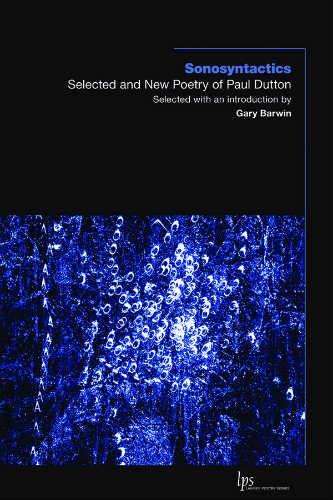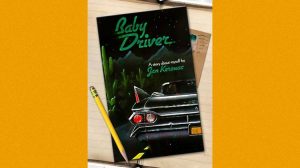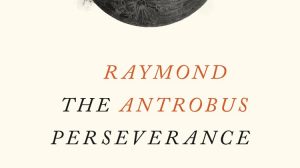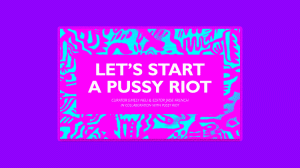Sonosyntactics by Paul Dutton / Wilfrid Laurier University Press / $18.99 / 2015
Sonosyntactics: Selected and New Poetry of Paul Dutton serves as a tidy overview of the work of an unheralded poet of the experimental and the avant-garde. Based in Toronto, Paul Dutton has had a long career working on the borderlands of sound poetry, live performance, and aural collaboration, and the results are something of a conspectus of late-twentieth-century avant-garde poetic effect, of varying interest and accomplishment.

Likewise, the “Partial Additives” pieces comprise mimeographed word collages — a formal device whose value is more anthropological than literary. And I would happily never again have to read a poem that attempts, as several here do, to construct a verbal simulation of the power of jazz — a deeply flawed idea whose execution, in anyone’s hands, is reliably banal.
The remainder of the collection operates at a higher level indeed. Other of Dutton’s experiments range from the thought-provoking to the dazzling, and all of them virtually bristle with inventiveness, good humor, and a kind of analytical brio. Here, for example, is the last six lines of “Son’et 4”:
Oon so’on soo sesee e on no tet
Oo es se so’n oon sonnet soet
Se so’net e sonnet soet oo so’n ne
So’n so oo to’n so se so’net e
By breaking language down into its constituent building blocks and sonic units, Dutton is here pushing towards the edges of what constitutes meaning or even language — a Beckettian operation to be sure, but one that takes a number of ingenious turns in Dutton’s hands. “Any old stuffin / I stuff in I / stuff out / Any old stuffin / stuff n / stuff out / my old stuffn” begins “Alpha Omega”; “Of Blue” asks us to consider “Turquoise ringing red / Inside a bagatelle or two.” And the double-barrelled prose poem “Uncle Rebus Clean-Song” is a torrential outpouring of vivid and highly idiomatic language with undeniable potency.
The formal variety of Dutton’s poetry is the manifestation of a mind that is interested in fundamental conundrums of meaning and being indeed. In his foreword, the writer Gary Barwin states that Dutton’s verse “is constructed not only of abstract forms but of the phenomenological material world.” And it is this sense of actuating a liminal space between language and act, rather than any specific technical innovation, that gives Dutton’s work its value. Like the best avant-garde work, Dutton’s poetry gives the reader a glimpse of a world that is only fully understood by philosophers and advanced students of semiology; it serves as an concise, concrete instantiation of profound epistemological questions.
Not everyone will be taken with Dutton’s cerebral high-wire act, but I find challenging if uneven work infinitely more rewarding than the timid, pedestrian miniaturism that characterizes so much contemporary verse. A final note: Sonosyntactics is part of the Laurier Poetry Series published out of Wilfrid Laurier University Press in hopes of, in the words of series editor Neil Besner, bringing “contemporary Canadian poetry to its readers in a different way” and to celebrating “the joyful proliferation of poetry in Canada today” — a charmingly earnest and very Canadian mission indeed, and worthy of emulation.




Leave a Reply